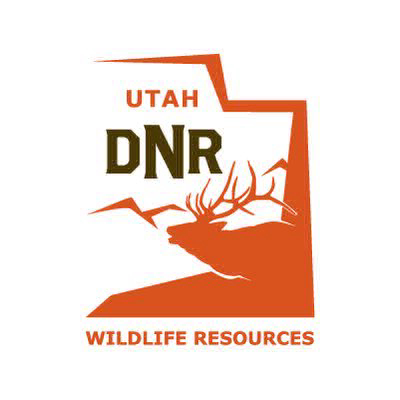
|
The Utah Division of Wildlife Resources and The Peregrine Fund are once again asking hunters in the Zion hunting unit to stop at a check station this month, where they can demonstrate their efforts to help protect scavenging wildlife — like eagles, hawks and California condors — and also enter to win a prize.
During October, the DWR will be operating a check station where hunters who take action to help condors can enter to win an $800 gift card donated by The Peregrine Fund for outdoor equipment. After stopping at the check station, big game hunters can enter the drawing by either:
The Hunters Helping Condors program launched in Utah in 2011 to help recover California condors. These unique, enormous birds were listed in 1967 under the precursor to the Endangered Species Act, and by 1982, only 23 were left in the world (one of which was in captivity). Due to the steep decline of the population, the remaining wild condors were captured and held in captivity for safekeeping, which gave rise to a successful captive breeding program that has allowed for the reintroduction of the endangered birds back to the wild. The population now numbers more than 500 birds, with over half of those flying free in the wild. There are currently 87 condors in the wild Arizona/Utah population.
Like other raptor species, including eagles and hawks, California condors play an important role in the ecosystem by removing dead animals from the landscape. Condors are obligate scavengers, meaning they feed exclusively on dead animals. Unfortunately, this leaves these birds particularly susceptible to the effects of lead poisoning, which results from consuming the remains of animals shot with lead ammunition.
“The Hunters Helping Condors collaborative effort demonstrates one of the ways that hunters are at the forefront of wildlife conservation,” DWR Southern Region Conservation Biologist Danielle Finlayson said. “Lead poisoning is the leading cause of death for free-flying condors in Utah and Arizona. We are very grateful for all the hunters who are taking steps to prevent secondary impacts to scavenging wildlife, including eagles and California condors."
The check station will be located at the intersection of Yellowjacket Road and Hancock Road. (This site is approximately 3.25 miles north of the entrance to Coral Pink Sand Dunes State Park.) It will be open from 9 a.m. to dusk on the following dates:
As part of the program, prior to each hunting season, the DWR also issues a coupon to hunters who draw an any-legal-weapon big game permit for the Zion Unit in southern Utah, where California condors can be found. That coupon allows the hunters to obtain free, or heavily discounted, lead-free ammunition.
Learn more about lead-free ammunition and how to help birds of prey on the DWR Wild podcast.